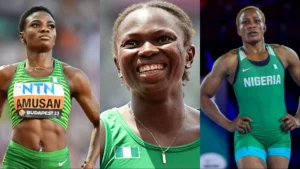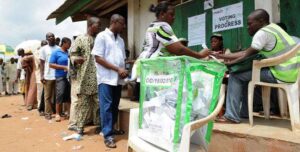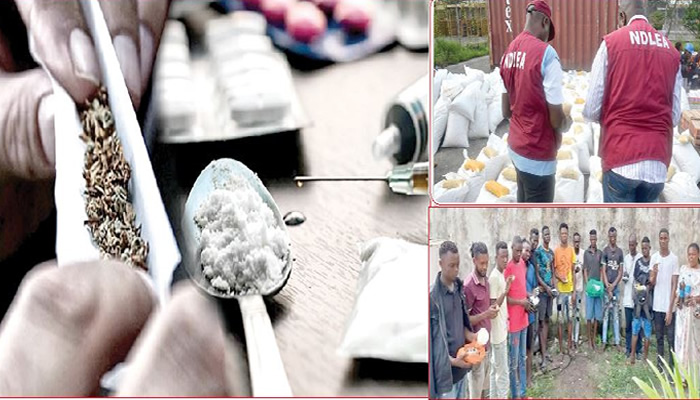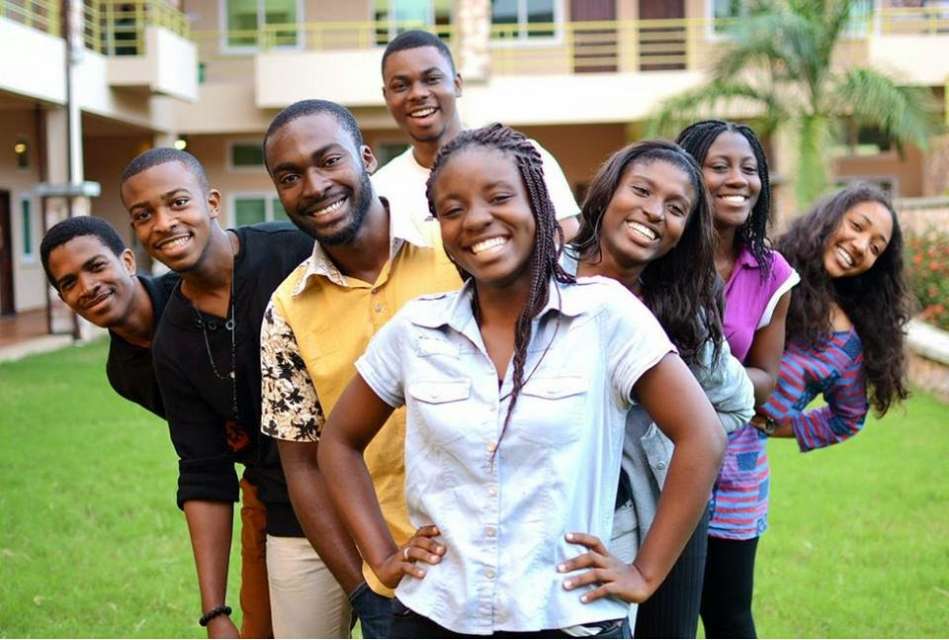
Abuja, Nigeria – July 2025 – With over 60% of Nigeria’s population under the age of 30, the youth are not just the leaders of tomorrow — they are the heartbeat of the nation today. Yet, in the corridors of power, their voices remain faint, their faces rare, and their ideas often ignored. As the country grapples with economic hardship, insecurity, and rapid technological change, the need for youth representation in governance has never been more urgent.
A Nation of Young People, Governed by the Old
Despite the “Not Too Young To Run” law passed in 2018, which lowered the age requirement for political office, Nigerian politics remains dominated by older generations. In the 2023 general elections, less than 5% of elected representatives were under 35. Many young aspirants were either shut out due to high campaign costs or edged out by political godfathers with entrenched influence.
“Young people in Nigeria are treated as voters, not as leaders,” says political analyst Tope Akinyemi. “We carry the largest voting bloc, but the smallest voice in policy-making.”
Bridging the Gap Between Policy and Reality
From the rising cost of living to the digital economy, youth face challenges older politicians often don’t fully understand. Issues like unemployment, police brutality, mental health, drug abuse, and access to quality education affect millions of Nigerian youths daily — yet these topics are rarely priorities on the legislative floor.
“When young people are in the room, conversations shift,” says Hauwa Bello, a 29-year-old youth advocate from Kano. “We don’t just talk about statistics. We bring lived experience.”
Digital Skills, Fresh Ideas, and Innovation
Nigeria’s youth are at the forefront of innovation — building tech startups, launching creative businesses, and leading global conversations on fashion, art, and culture. Their ability to navigate digital tools, understand emerging trends, and speak the language of the future makes them valuable assets in governance.
More young leaders in government could mean smarter policymaking around tech regulation, climate change, digital education, and entrepreneurship. Their inclusion isn’t just about age — it’s about keeping pace with a changing world.
The EndSARS Movement: A Defining Moment
The #EndSARS protests of 2020 marked a turning point for Nigerian youth activism. It showed that young people are not apathetic or indifferent — they are deeply invested in the nation’s direction. The protests united millions across tribes, religions, and regions, demanding justice, accountability, and reform.
However, the movement also exposed the systemic barriers youths face in transitioning from protest to policymaking. Many activists have since pivoted to grassroots politics and community organizing, determined to take the struggle from the streets to the state house.
Role Models Emerging
A few young Nigerians have broken through the barriers. From Dipo Awojide’s policy advisory work to Rinu Oduala’s civic campaigns, young voices are beginning to influence national dialogue. In state assemblies and local government councils, more youth-led bills and projects are being introduced — focused on education reform, gender equality, and job creation.
Still, these success stories are the exception, not the norm. For meaningful change, there must be deliberate investment in mentoring, campaign funding, and electoral reform that favors first-time, youth-led candidacies.
A Call to Action
If Nigeria is serious about growth, unity, and modernization, it must make space for its youth in the highest levels of decision-making. This means:
- Lowering political party nomination fees
- Enforcing youth quotas at local, state, and national levels
- Expanding civic education and political literacy
- Creating leadership pipelines from schools and communities
The Future Belongs to the Brave
Nigeria’s future lies in the hands of its young people — the software developers in Yaba, the farmers in Benue, the poets in Jos, the nurses in Enugu, and the mechanics in Kano. But that future can’t wait.
By giving youth a seat at the table, Nigeria doesn’t just empower a generation — it secures a stronger, fairer, and more forward-thinking nation for all.
The time for youth representation isn’t tomorrow — it’s now.









